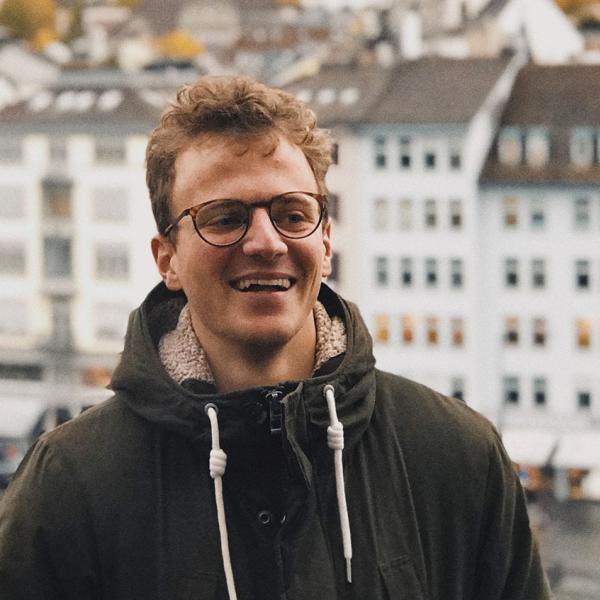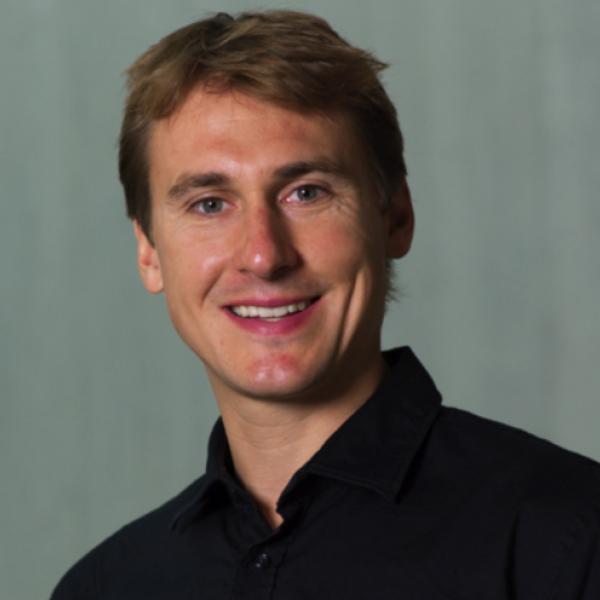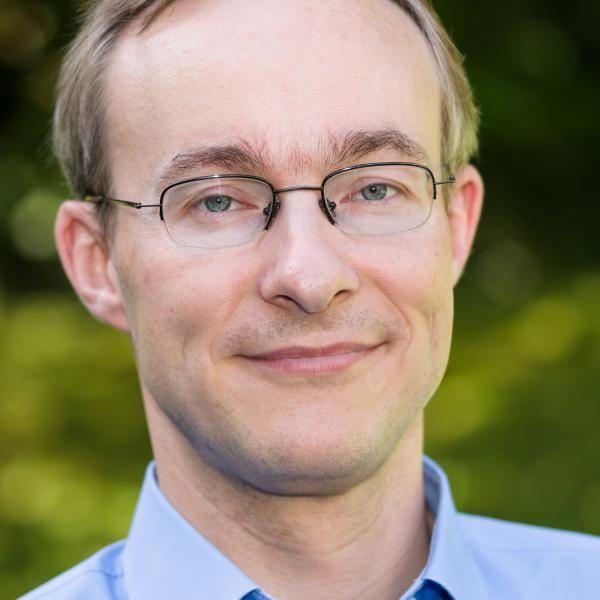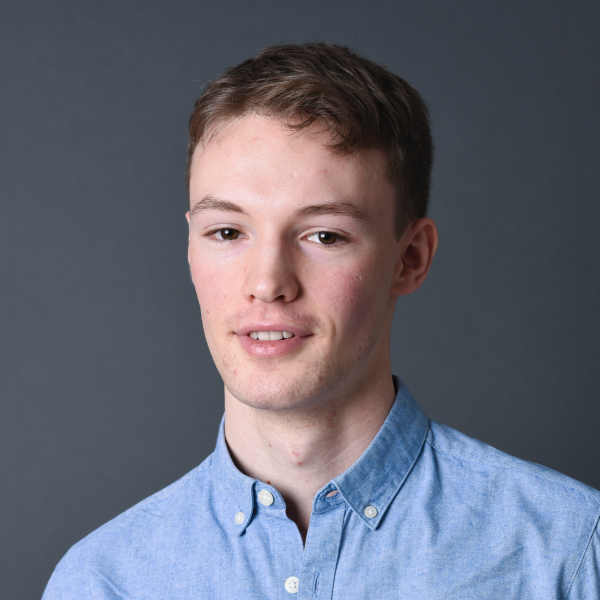Lenart Treven

Lenart Treven
Alumni
Automation makes our lives easier, who wouldn't like to contribute to its development?
Lenart Treven is a PhD student at ETH Zurich. His area of research is Continuous time Reinforcement Learning. Lenart studied Mathematics at the University of Ljubljana (Slovenia) for his Bachelor and did a Data Science Master at ETH Zurich. During his studies he was a software developer intern at XLAB, worked as a Data Scientist for ETH Juniors and was preparing high school students for various Mathematics competitions.
After completing his PhD, Lenart went on to work at Google Deepmind.




